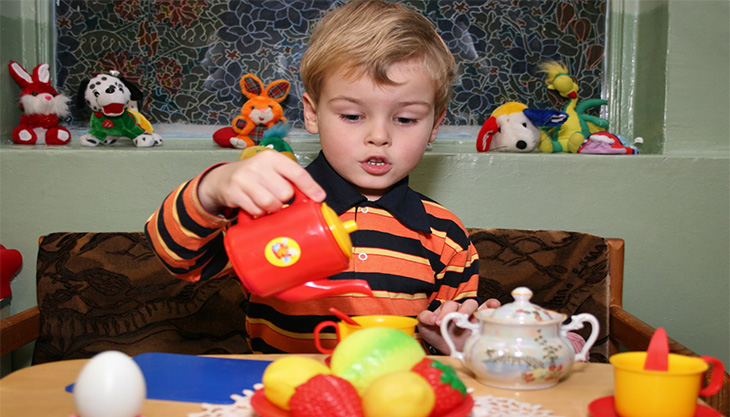5 Signs Your Family Isn’t Getting Enough Sleep

 Quality sleep has restorative qualities – the body desperately needs it to function. Even if your family members have busy lives, that’s no reason to skip on quality sleep.
Quality sleep has restorative qualities – the body desperately needs it to function. Even if your family members have busy lives, that’s no reason to skip on quality sleep.
Everyone has different individual needs for sleep. But generally, experts agree that children need a lot more sleep than adults. If you and your family stay up late at night, you may want to reconsider this. Sleep deprivation is a serious problem and may affect your child’s growth and development.
Keep reading to learn the five key signs that your family isn’t getting enough sleep.
Signs Your Family Is Sleep Deprived
Sleep is important for the body and the mind. But while knowing when you’re not getting enough shut-eye yourself is pretty easy, telling if your family is getting the right amount of sleep can be a bit more difficult.
Here are some signs to watch for.
1. Moodiness
Emotional stability may be the hallmark of a well-rested body. But when you or your family aren’t getting enough sleep, it can lead to moodiness.
When young children lack sleep, they may be especially clingy and needy. They may demand your attention more than normal. The crankiness tends to get worse in the late afternoons.
On the other hand, elementary school kids and teens can become hyperactive. These mood swings go beyond general preteen angst.
As to you or your spouse, you may experience bouts of depression that could be the very reason why you’re getting so little sleep.
2. Behavioural Changes
You may see your children acting differently during the day, too. They may fall asleep during class, and their grades may slip. Also, children and teens may need to take naps during the day when they didn’t need it before.
But what about you and your spouse? You may notice that you change your eating patterns. Forget about a healthy diet if you’re sleep deprived. And don’t be surprised if your body craves junk food and you feel the need to eat more often.
3. Troubles Waking Up
Some people simply have trouble waking up in the morning. But if you didn’t get quality sleep the night before, this can get worse. Grogginess and fogginess are common symptoms of not sleeping well.
4. Memory Problems
In addition, you may notice that your family has difficulty remembering simple things. Why? Sleep deprivation can take a toll on concentration levels. It may affect your performance on cognitive tasks, leading to a poorer learning experience.
5. Physical Changes
Lastly, physical changes may be more noticeable. But you may only see these signs in older children and adults. Weight gain and acne breakouts are common symptoms.
The stress hormone cortisol decreases when you sleep every night. However, when you miss out on sleep, the hormone won’t clear from your body. And continued high levels may cause these physical changes.
In addition, you may notice that you or your family members are getting sick more often. Lack of sleep can compromise your immune system. This may make you susceptible to frequent colds and infections.
The Takeaway
Does your household take bedtimes seriously? If your family is sleep deprived, it may be time to start going to bed earlier. Not getting enough sleep can cause a wide variety of problems that could get worse if they aren’t resolved.
If sleepless nights are a common recurrence at home, it may be time to seek professional help. Your medical provider may provide suggestions to get your family the quality sleep it desperately needs.
Author: Natasha Nikolova sleeps about 7–8 hours on average. Maybe a bit more on the weekends. In her free time, she enjoys travel and listening to music. Natasha’s writing has been featured on multiple international publications.



